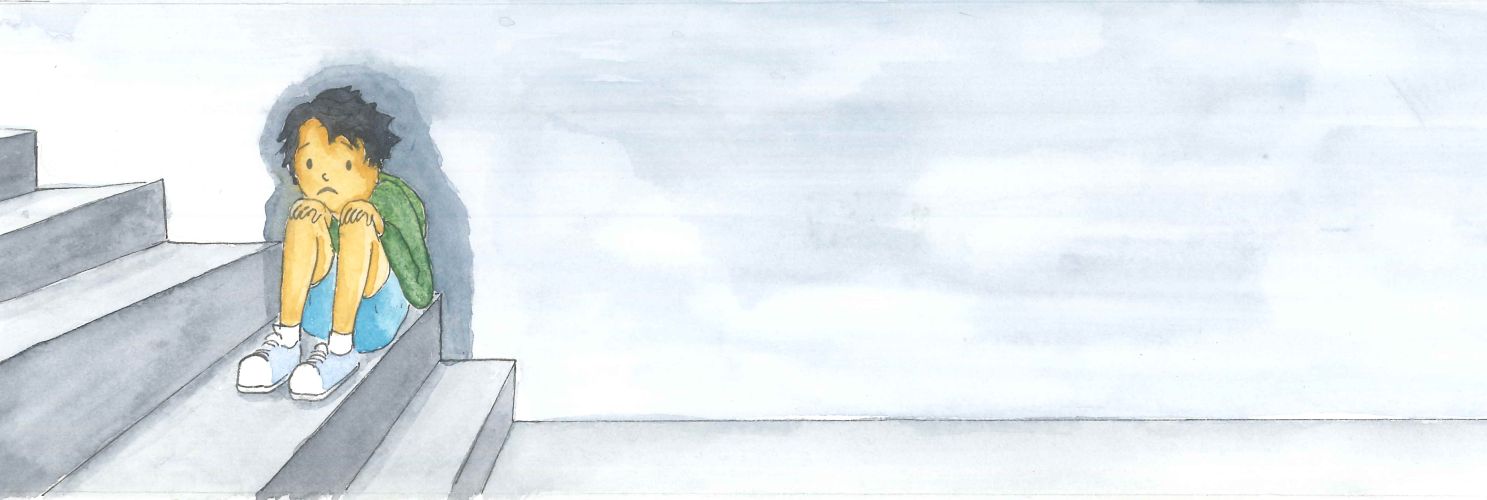After a severe trauma or being prolonged or repeatedly exposed to traumatic events, it’s very common to be more anxious. It’s also very common to try to avoid situations, thoughts or people that are reminders of what happened and to be more often sad and socially withdrawn.
Sleeping problems
- Establish a bedtime ritual (reading, listen to an audio book or podcast, review the day, etc.)
- Try to ensure that you have no excitement one hour before bedtime (video games, TV, etc.)
- If you have trouble falling asleep, try to listen to an audio book, podcast or music.
Excessive worries
- Take your time to find out what kind of worries you have.
- Sometimes it’s difficult to say what’s upsetting you. Many find it helpful to write their feelings and worries down (e.g. in a journal).
- Try to talk to your friends and family about worries and fears. Talking about it often feels liberating and thus helps.
- Increase your feelings of safety by always carrying a lucky charm with you.
Avoiding speaking about the traumatic event
- Try to talk to your friends and family about worries and fears. Talking about it often feels liberating and thus helps.
Fear of things, people or places which remind your child of the traumatic event
- The longer you avoid trauma-related reminders, the longer the fear will last.
- Remembering something doesn’t mean experiencing it again. Memories are always about something in the past.
- Try to face fearful situations with courage. Reward yourself if you succeeded by e.g. going to the movies, meeting friends, etc.

